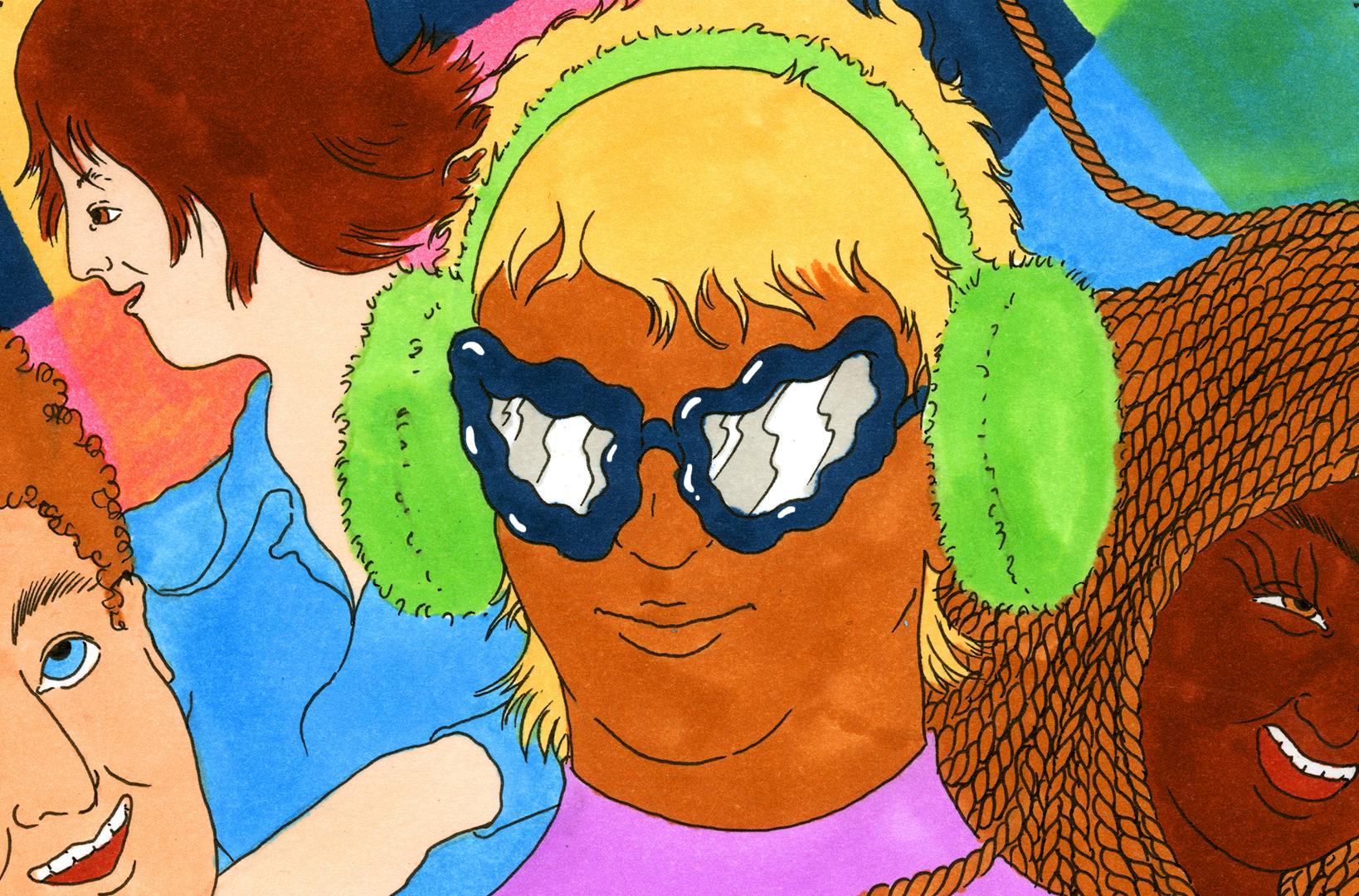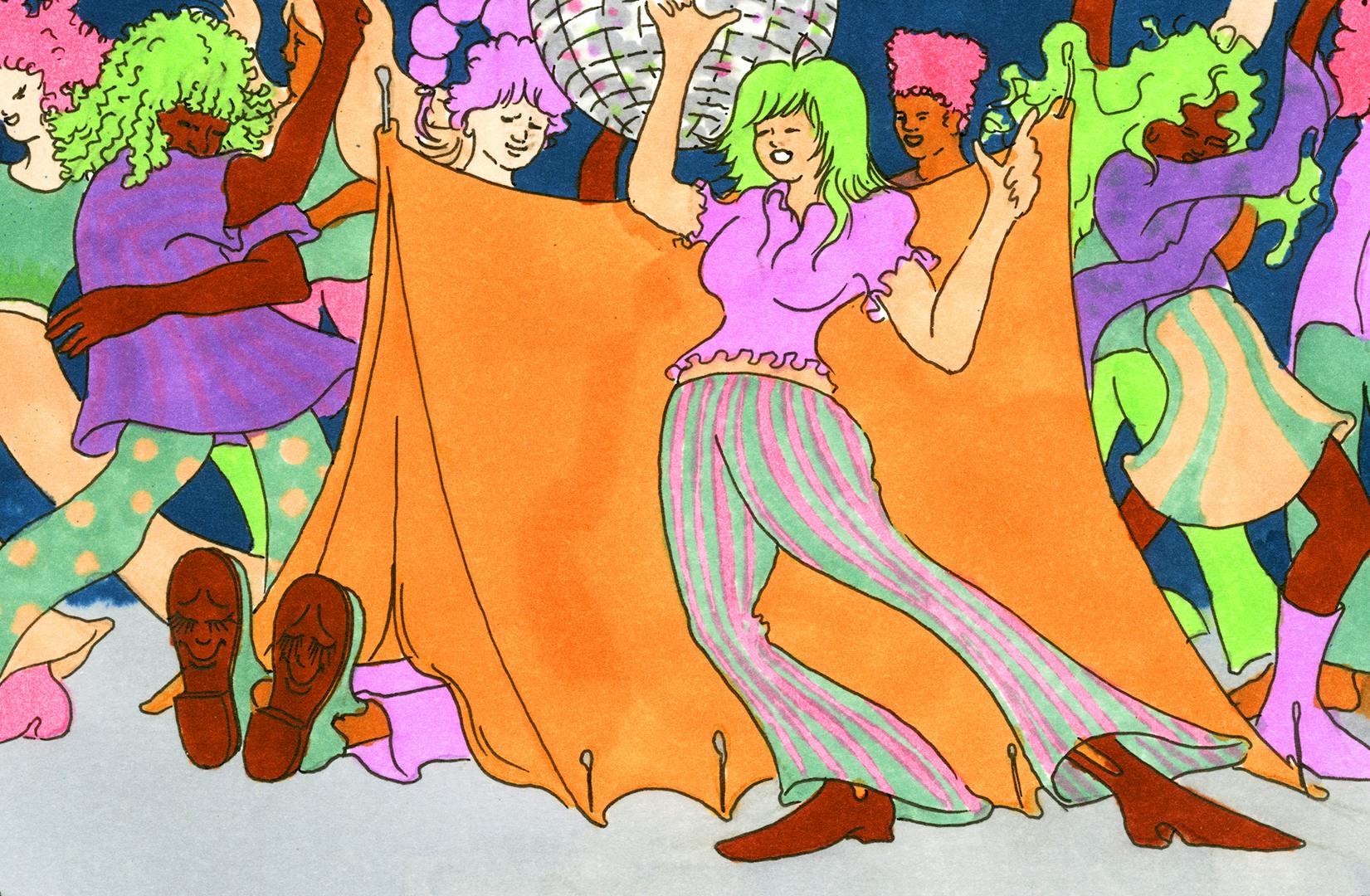When Meshi Askar-Harris reached the front of the queue at a popular club night in east London, they were expecting a simple yes or no answer to their question. “I asked, ‘Do you have any flashing lights tonight? It’s not clearly sign-posted on your website.’ And they went, ‘Oh, well. I guess I can check if it means that much to you.’” As a person with epilepsy, strobe lights can trigger seizures, and they’d enquired to assess the risk.
When we speak months later, the interaction still sparks palpable frustration. “You want to call your night accessible and a safe space, but you can’t even be bothered to turn your strobes off because, when you boil it down, you care more about having a flashing light at your event than disabled people,” they say. “That’s pretty shocking.”
Meshi’s experience isn’t unique; nor are their concerns. For many of the 15% of Brits who are thought to be neurodivergent, the very qualities that are considered hallmarks of a good live event – strobe lights, loud music and overcrowded dancefloors – can be a minefield. And until recently, there weren’t many options to help people with sensory-processing issues and other needs navigate them safely.


